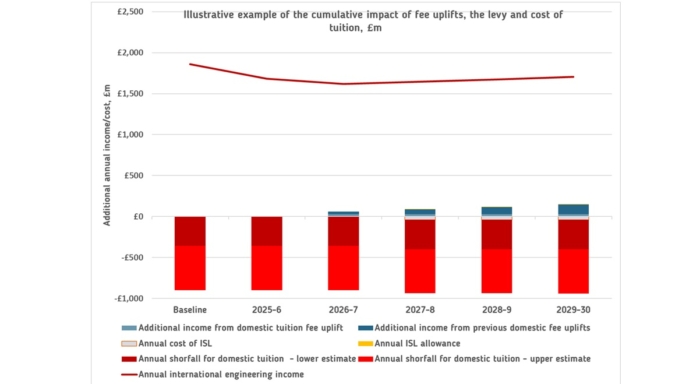By Catherine Elliott, Engineering Council
The Engineering Council has updated its policy on compensation and condonement[1], which has resulted in new rules being put in place. The key consideration in these rules is to ensure that graduates of accredited engineering degree programmes have met all the learning outcomes specified in the Engineering Council’s Accreditation of Higher Education Programmes (AHEP).
When making decisions about the potential accreditation of a university programme, Professional Engineering Institutions (PEIs) are required to consider the awarding institution’s compensation and condonement policy as part of the assessment.
These rules have been published on the Engineering Council website, with guidance on these changes expected in the coming months, which will provide additional information to enable Higher Education Institutions (HEIs) to prepare.
The anticipated timeline to implement these changes is outlined below:
- The rules should be implemented for new cohorts starting from September 2022. The rules will only apply to intakes from that date and not to existing students.
- From September 2019, HEIs will be required to create a plan ensuring their regulations conform to the new rules by September 2022. Programmes reviewed on visits from September 2022 will not be accredited if the HEI regulations are not up to date with the rules on compensation and condonement.
- From September 2022, PEIs will check all HEIs have complied as part of their regular visit schedule.
If you have any queries on compensation and condonement, please contact the Engineering Council at accreditation@engc.org.uk
[1] There are no consistent definitions of the terms ‘compensation’ and ‘condonement’ across UK universities, and they are often confused. The Engineering Council therefore adopts a similar definition to that used by QAA and HEA, as follows:
The Engineering Council defines compensation as: “The practice of allowing marginal failure (i.e. not more than 10 percentage points below the nominal pass mark) of one or more modules and awarding credit for them, often on the basis of good overall academic performance.”
The Engineering Council defines condonement as: “The practice of allowing students to fail and not receive credit for one or more modules within a degree programme, yet still qualify for the award of the degree.”




